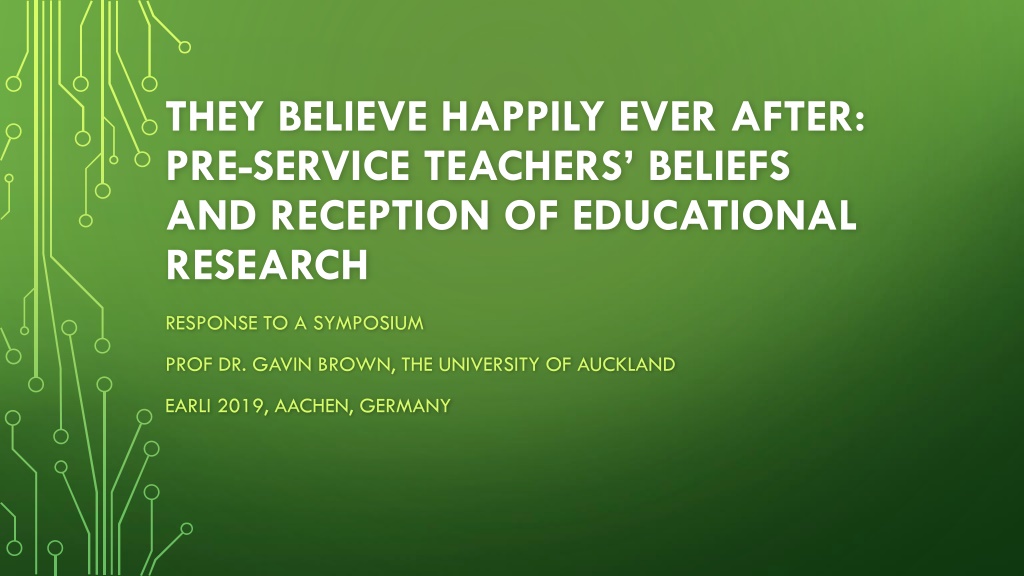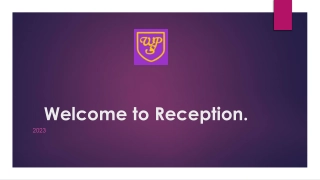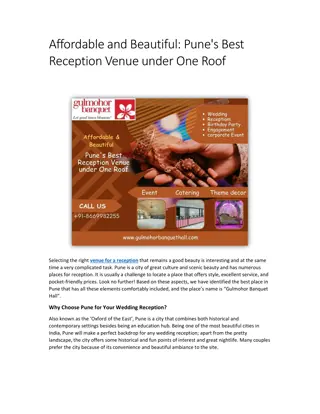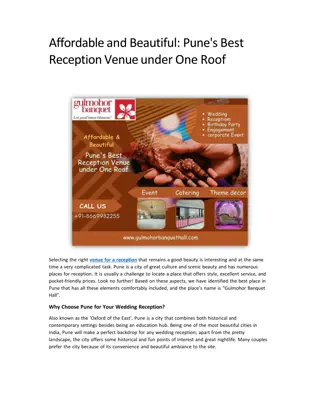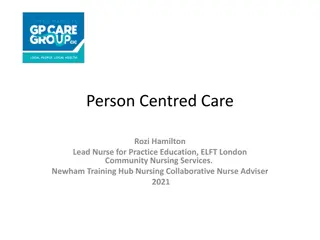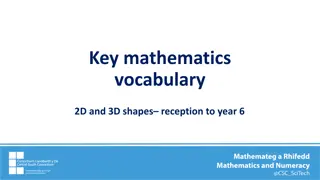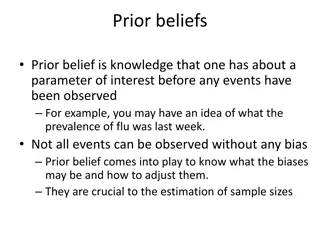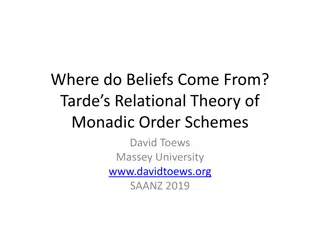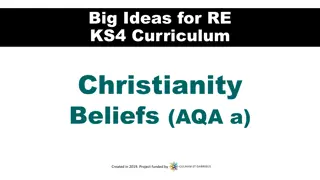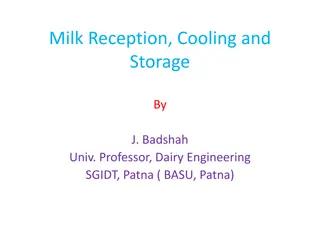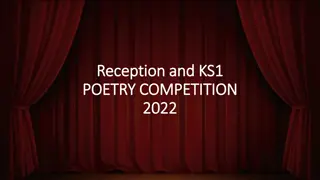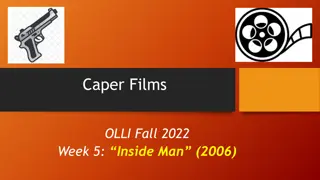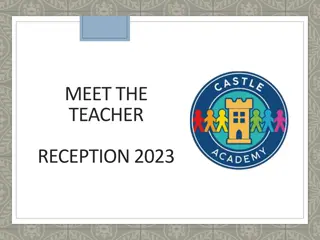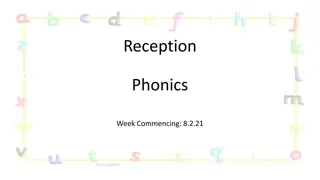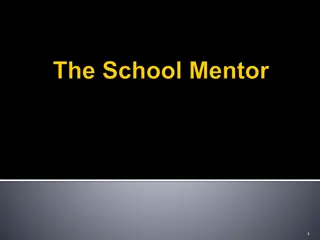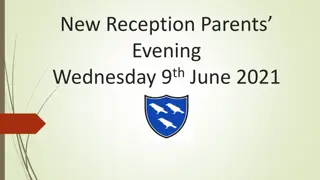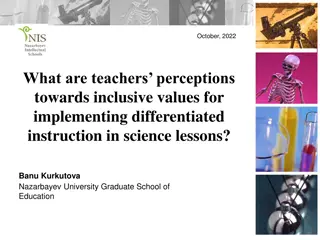Pre-Service Teachers' Beliefs and Reception of Educational Research
Exploring the awareness and trust of pre-service teachers in educational psychology misconceptions, epistemic trust in educational scientists, questioning prior beliefs when faced with evidence, and beliefs about the instrumental quality of information sources for teaching. The symposium delves into the challenges of changing beliefs, the impact of educational research on practices, and the general framework of Icek Ajzen on reasoned behavior.
Download Presentation

Please find below an Image/Link to download the presentation.
The content on the website is provided AS IS for your information and personal use only. It may not be sold, licensed, or shared on other websites without obtaining consent from the author. Download presentation by click this link. If you encounter any issues during the download, it is possible that the publisher has removed the file from their server.
E N D
Presentation Transcript
THEY BELIEVE HAPPILY EVER AFTER: PRE-SERVICE TEACHERS BELIEFS AND RECEPTION OF EDUCATIONAL RESEARCH RESPONSE TO A SYMPOSIUM PROF DR. GAVIN BROWN, THE UNIVERSITY OF AUCKLAND EARLI 2019, AACHEN, GERMANY
ARE PRE-SERVICE TEACHERS AWARE OF THEIR EDUCATIONAL PSYCHOLOGY MISCONCEPTIONS? Teaching correct conceptions explicitly reduces misconceptions and increases awareness of what is correct BUT many wrong conceptions retained Humans learn what we teach them It takes time to make changes Maybe not really important topics (as authors say)? Is this a belief or simply a matter of knowing?
QUESTIONING EDUCATIONAL RESEARCH: WHEN EVIDENCE CHALLENGES PRE-SERVICE TEACHERS PRIOR BELIEFS Scientific Impotence Excuse (SIE) science can t answer this, so I don t have to change my beliefs Pre-existing belief science potency of evidence + science Hurly-burly of schooling prevents science having power?
PRE-SERVICE TEACHERS EPISTEMIC TRUST IN EDUCATIONAL SCIENTISTS: A SMART BUT EVIL STEREOTYPE? Epistemic trustworthiness Evaluate sources for expertise, benevolence, and integrity Practitioner vs. expert vs. scientist Scientists are smart but evil ..
THE INSTRUMENTAL QUALITY OF INFORMATION SOURCES FOR TEACHING: PRE-SERVICE TEACHERS BELIEFS Beliefs about instrumental quality of theories for teaching Scientific research vs lay opinions vs anecdote Science research positive association with science theory, negative subjective theory anecdotal evidence predicted by subjective theory Anecdote is the #1 source I saw my teacher do x, so I do?
GENERAL FRAMEWORK Icek Ajzen: Reasoned or Planned Behaviour Beliefs & Intentions relate to Practices & Outcomes Criterion of effectiveness Outcomes
ASSUMED SOURCE OF BELIEFS FOR PRE-SERVICE TEACHERS Context Research Evidence Experience of Schooling University Education Teaching practice
SHIELD BELIEFS Beliefs in one cluster are protected from contradictory clusters of knowledge or information or beliefs by beliefs that keep things separate or shielded Green, T. F. (1971). The activities of teaching. New York: McGraw-Hill. Shielding Beliefs
HOW TEACHERS GOT THEIR CONCEPTIONS RELATED TO EDUCATION Teachers learn from experience of being a student Pajares, M. F. (1992). Teachers' beliefs and educational research: Cleaning up a messy construct. Review of Educational Research, 62, 307-332. Primary Ss Secondary Ss Trainee Ts Slow & Difficult to change because subconscious, learned early, associated with experiences Primary Ts Secondary Ts Tertiary Ts
CONCLUSION We need to show somehow that science can rise above $ and political agenda how can we show that not only are we smart but we also have integrity? Engineers might be a better model than scientist? If we want to undo pre-existing conceptions and frameworks, cognitive manipulations not sufficient? Focus on emotive and powerful experiences; a summer boot camp?
